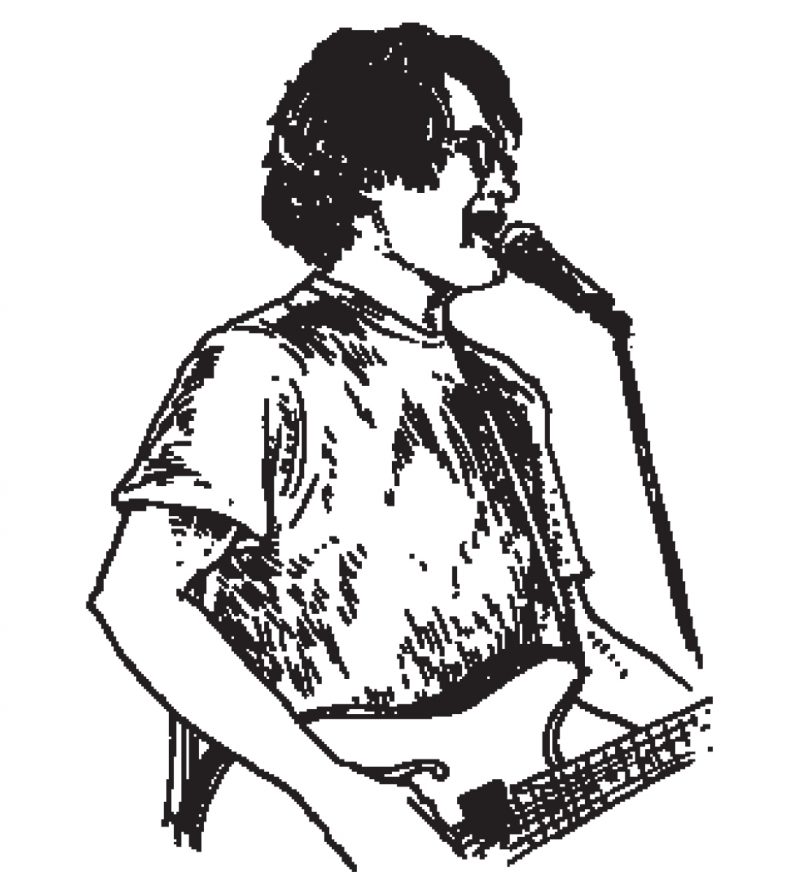Henri Langlois once declared of Louise Brooks, “There is no Garbo! There is no Dietrich! There is only Brooks!” Since forming the Long Winters in 2001, singer/songwriter John Roderick has inspired similar hyperbole from music critics and indie-rock fans alike. With a smoked-wood voice, candied-cherry hooks, and lyrics such as “I’m leaving you all of my car parts / I didn’t have the money / or I would have gotten roses,” Roderick’s songs don’t get under a listener’s skin so much as puncture it and remain in the bloodstream.
The Long Winters have released two rock-pop treasures, 2002’s The Worst You Can Do Is Harm and 2003’s When I Pretend to Fall. Harm is sulfurous, etched with lost love, untimely death, and regretful acts of stupidity. Like oxygen, though, Roderick’s wit bubbles to the surface. When he sings: “If you think you’re gonna be here long / I’m gonna miss you so much when you’re gone” on “Unsalted Butter,” one previews, in its more acrid form, the rollicking humor that will shoot through Fall. And on songs like Fall’s “Prom Night at Hater High,” Roderick evokes more with a few lines than most scribes do with entire records: “Sitting there where you buried your pets / Get up! We’ll dig graves for your invisible friends.”
Yet the Long Winters almost never happened. The son of a Seattle attorney, the young Roderick faced intense pressure from the elder to pursue a legal career. (“I was eight when my dad started talking to me about becoming an attorney,” he says.) The family moved to Anchorage when he was three, and life changed irrevocably after his parents divorced while he was still in pre-school. Possessed of alacritous intelligence and a wrought-iron will, Roderick set off on his own at seventeen, hopping freight trains and hitchhiking back and forth across the continental U.S. Over the next four years, he split his time between Spokane’s Gonzaga University, Europe, and the road. In 1990, at twenty-two, he set up camp in Seattle. Throughout the nineties, Roderick studied comparative history of ideas at the University of Washington (teaching a seminar at one point), held a panoply of jobs, and kicked it with several bands, most notably Western State Hurricanes. The latter garnered buzz but imploded before they could get signed. Fed up with Seattle and himself, he walked across Europe for five months in late 1999.
I met with Roderick for doughnuts and espresso on a chilly afternoon in Seattle’s Capitol Hill neighborhood. A voracious reader and self-professed “history nerd,” Roderick is reflexively articulate, deeply thoughtful, and hilarious: a born raconteur. He sports large, square tortoise-shell glasses and...
You have reached your article limit
Sign up for a digital subscription and continue reading all new issues, plus our entire archives, for just $1.50/month.
Already a subscriber? Sign in





